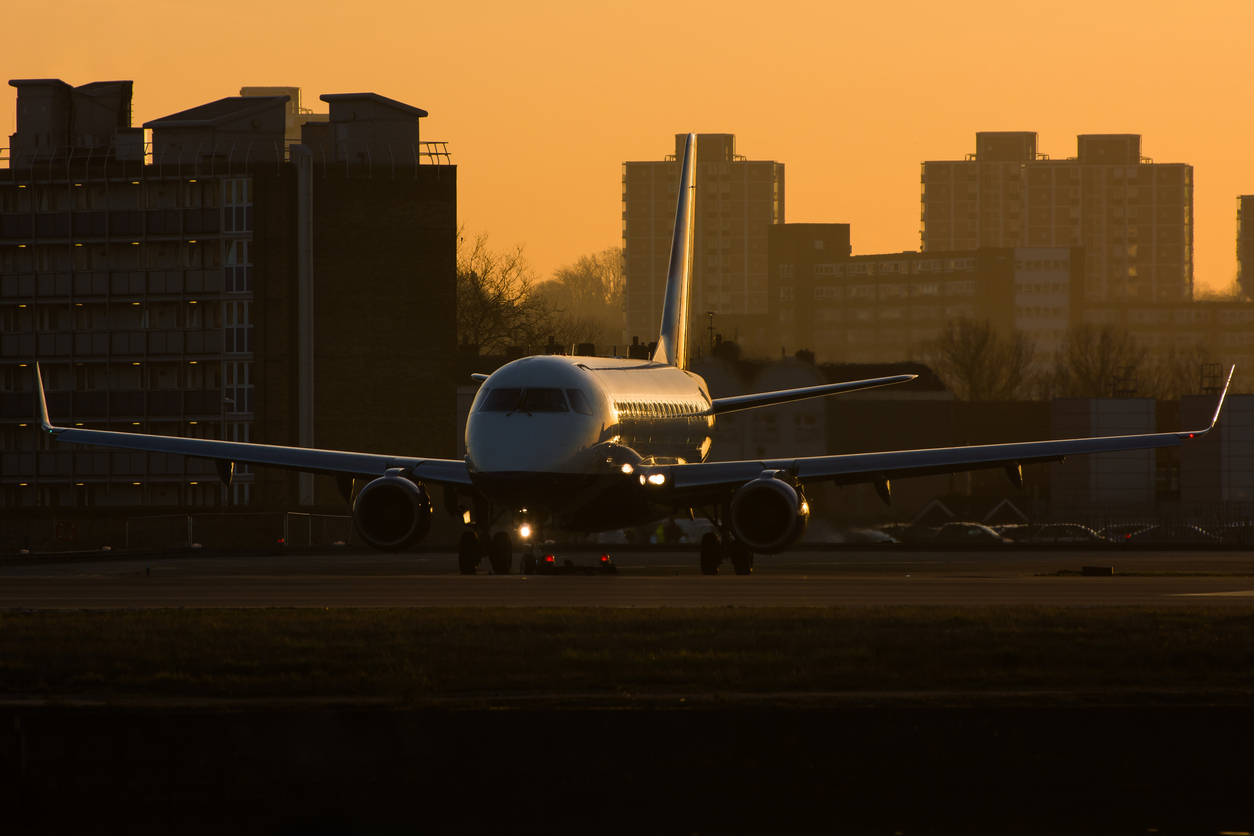The UK Government’s immigration policy, known as the Rwanda plan, has been declared unlawful by the country’s highest court.
However, prime minister Rishi Sunak said the government will implement “emergency legislation” and sign a new treaty with Rwanda to help protect the plan from legal challenges.
But there has been significant confusion about the Rwanda plan itself, and how it will work.
Ferret Fact Service explains.
What was the plan?
The original Rwanda plan was agreed in April 2022, when Boris Johnson was still prime minister.
It would see some people seeking asylum in the UK transferred to Rwanda where their claim would be processed by Rwandan authorities.
If successful there, they would be granted refugee status in Rwanda. If unsuccessful, they could apply in Rwanda under different grounds, return to their home country or seek asylum in a safe “third country”.
The UK Government says the policy is intended to deter people from entering the UK through irregular routes such as crossing the channel in small boats.
No-one has yet been transferred to Rwanda for asylum processing. The first flight, which was due to take off in June 2022, was stopped after a late intervention by the European Court of Human Rights which led to a series of government legal challenges in UK courts.
The Rwanda plan was later found to be unlawful by the Supreme Court, which upheld a ruling from the Court of Appeal that those sent to Rwanda could face human rights abuses.
How has the Rwanda plan been misrepresented?
There has been a series of mischaracterisations of how the policy works and what it would entail, including by MPs and government ministers defending it.
In an interview with Radio 5’s Nicky Campbell programme, former government minister Neil O’Brien said the policy involved Rwanda “hosting people as we process them under British laws about whether they can come here”.
Former Conservative leader Iain Duncan Smith made a similar statement in an interview with LBC last year, claiming that people sent to Rwanda would be those suspected of being economic migrants, and if they are found to be refugees they will return to the UK.
However, both these misrepresent the details of the Rwanda plan.
Under the plan, anyone arriving in the UK through irregular routes could be sent to Rwanda for immigration processing.
There are currently no visa routes for people to claim asylum in the UK from overseas. The UK has a number of schemes for specific nationalities, including people from Ukraine, Syria, Hong Kong and Afghanistan, but it is not possible for someone to claim asylum in the UK without actually being in the country.
The agreement between the UK and Rwandan governments states that those who are sent will be processed by the Rwandan authorities and, if successful, offered asylum in Rwanda through its asylum system.
The agreement states: “For those recognised as refugees by Rwanda, Rwanda will grant the relocated individual refugee status and provide the same level of support and accommodation as a relocated individual seeking asylum, integration into society and freedom of movement in accordance with the refugee convention”.
Those whose asylum claims are rejected will be offered the opportunity to stay in Rwanda, return to their home country or apply for asylum elsewhere.
The agreement says that if a person’s asylum claim in Rwanda is rejected they will be offered the above options, but cannot return to the UK.
It states: “They will not return to the UK once their claims have been decided by Rwanda”.
There is no mechanism in the agreement to send back successful claimants to the UK unless the UK Government specifically requests it as part of a legal obligation.
What are the legal concerns?
The implementation of the policy has faced several legal roadblocks.
Flights were initially scheduled to begin in June 2022, but the first was stopped after an 11th hour intervention by the European Court of Human Rights (ECHR).
The ECHR had examined the case of one person on the flight – a 45-year-old man from Iraq – who claimed to be a victim of torture. The court made an interim decision, saying the man could not be removed from the UK until his judicial review had been completed. This allowed lawyers for others on the flight to make successful legal claims of their own.
In November 2023, the UK Supreme Court unanimously ruled that the policy was unlawful, saying it left those seeking asylum at risk of human rights violations. This meant the policy was effectively shelved in its current form.
What is the UK Government planning to do?
Rishi Sunak stated he would put forward “emergency legislation” to rescue the plan, and said the government is planning to agree a new treaty with Rwanda to “provide a guarantee in law” that human rights of those sent to Rwanda would be respected.
Media reports have also suggested the UK Government may attempt to “disapply” the Human Rights Act to emergency legislation in order to get the policy through.
However, former supreme court judge Lord Sumption told Sky News the Rwanda plan was “probably dead”.
Ferret Fact Service (FFS) is a non-partisan fact checker, and signatory to the International Fact-Checking Network fact-checkers’ code of principles.
All the sources used in our checks are publicly available and the FFS fact-checking methodology can be viewed here.
Want to suggest a fact check?
Email us at factcheck@theferret.scot or join our Facebook group.
Photo credit: iStock/Arseniy Shemyakin














